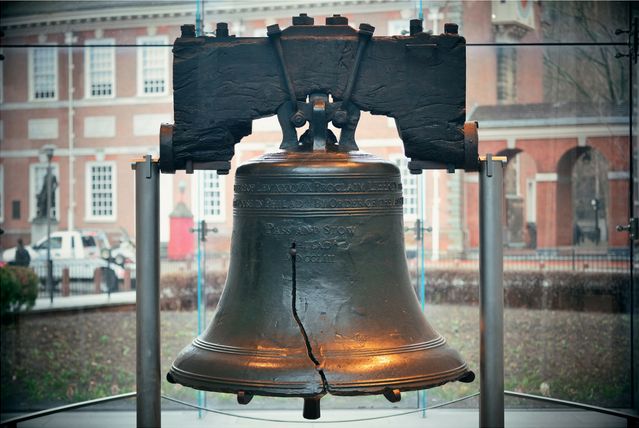The state of Pennsylvania is right in the middle of the road when it comes to the topic of debt collection. Residents here typically fall somewhere around the national averages in terms of outstanding debts, school loans, and mortgages. At the same time, most of the state legislation concerning debt collection serves to reinforce the principles that have already been established through federal legislation.
If you happen to find yourself attempting to collect a debt from a Pennsylvania resident, there are still some things that you need to know to prevent you from violating state and federal laws. Let’s dive in and take a closer look at some of the rules for debt collection in Pennsylvania.
Pennsylvania Consumer Debt
Consumers in the state of Pennsylvania tend to have much lower amounts of outstanding credit card debt than consumers in other states around the country. They also have much smaller amounts of mortgage debt and a lower number of bankruptcies compared to national averages.
The only area where Pennsylvania isn’t doing well is student loan debt, where the average is close to 20% higher than the national average.
The Fair Debt Collection Practices Act
The Fair Debt Collection Practices Act (FDCPA) is a federal law that governs commercial debt collection agencies across the United States.
This is the legislation that specifies appropriate ways and times to contact debtors, describes appropriate behaviors for debt collection agents, and protects consumers from any inappropriate or threatening collection attempts.
Like most states, the FDCPA is the foundation for the rules that apply to debt collectors. They must behave in a reasonable manner, and they are forbidden from attempting to misrepresent themselves or intimidate consumers into paying debts.
The Pennsylvania Unfair Trade Practices and Consumer Protection Law
The state of Pennsylvania has actually taken the basics of the FDCPA and expanded on it in the Pennsylvania Unfair Trade Practices and Consumer Protection Law (UTPCPL). In addition to restating a number of the issues mentioned in the FDCPA, the UTPCPL expands consumer protections by prohibiting sellers to engage in unfair or deceptive practices.
One additional stipulation established by the UTPCPL is that any sale made either at the buyer’s house or over the phone can be voided by the buyer within three business days if the buyer contacts the seller in writing.
Shorter Statute of Limitations
While the FDCPA and UTPCPL do little to expand on consumer protections that we have seen in most states, one area where Pennsylvania is much different from other states is the statute of limitations on outstanding debts.
Pennsylvania used to have the standard statue of limitations of six years on all written debts, but that has recently been reduced to only four years to match the existing statue of limitations on all types of outstanding debts, including promissory notes.
This means that no matter what type of debt you are attempting to recover, or who you happen to be recovering it for, there is a strict limit of four years from the last payment before the consumer is completely off the hook for the debt.
While collecting outstanding debts in Pennsylvania is not unlike collecting in many other states, the short statute of limitations increases the importance of getting the ball rolling as quickly as possible. With that in mind, it makes sense to partner with a commercial debt collection agency that has experience operating in the Keystone State.






